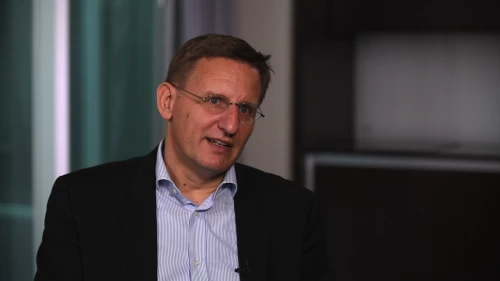
Education
- Master’s degree, industrial engineering, Technical University of Berlin
- Master’s degree, business administration, Toulouse Business School
Christoph Nettesheim leads Boston Consulting Group’s Energy practice in Southeast Asia. He previously led the firm’s business in Greater China and was a member of BCG’s Asia-Pacific leadership team, as well as global leader of the technology sector for the Technology, Media & Telecommunications practice.
Christoph has experience in diverse sectors: oil and gas, power, chemicals, telecommunications, technology, industrial goods, and automotive. In most of those areas he has worked with global leaders on both worldwide issues and Asia- and China-related topics. He has advised companies from more than 20 countries and engaged in projects in dozens of nations around the world.
Christoph has worked with clients on issues of human resources, corporate development and strategy, mergers and acquisitions, innovation, business model innovation, and process improvement. He has helped many multinational companies increase the size of their business in Asia and worked with Asian companies to professionalize their operations. He is one of BCG’s leading experts in how to make local business models work internationally and how to simplify organizations, plus HR strategy, mergers, acquisitions, and joint ventures.
Before joining BCG, Christoph worked for several years at a leading bank in Germany.










